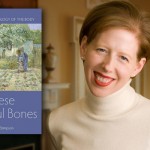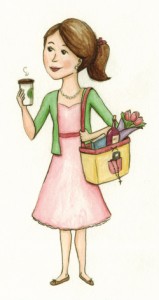From my interview with Elizabeth Kantor about her new book The Jane Austen Guide to Happily Ever After:
LOPEZ: Where does religion fit into love and courtship in Austen’s world?
KANTOR: Well, one of her novels is actually about that, at least in large part. In Mansfield Park, Henry Crawford falls deeply in love with Fanny Price and tries to explain to his sister what’s so wonderful about her, why he knows he can trust Fanny completely — and Jane Austen tells us it’s because of Fanny’s religious principles, but that Henry doesn’t understand Fanny (or religion) well enough to articulate that. That same tone-deafness to moral and religious principles messes up his sister’s love life pretty spectacularly later in the novel.
Jane Austen’s brand of Christianity was not at all flashy or ostentatious, but she was quite a serious Christian.
LOPEZ: Is this book more an Austen fan’s indulgence at a market opportunity? Do you see it as a help to a wounded culture?
KANTOR: There is an awful lot of pain and misery out there; modern relationships seem to have hit a brick wall. Doing the research for the book, I kept noticing how bitter many single women are about men, something I was already to a certain extent familiar with, but, even more, how very resentful of women a lot of single men are. It’s not universal, of course. But modern mating habits don’t seem to be contributing much harmony and bliss to the human race. Jane Austen can offer each sex a refreshing alternative approach to the other — more mutual respect, more intelligence about how to get what we want from each other, but in a way that’s neither manipulative nor ham-fisted.
More here.
Anyone you decide to give Kantor’s book too, may also benefit from Emily Stimpson’s The Catholic Girl’s Survival Guide for the Single Years: The Nuts and Bolts of Staying Sane and Happy While Waiting for Mr. Right.











